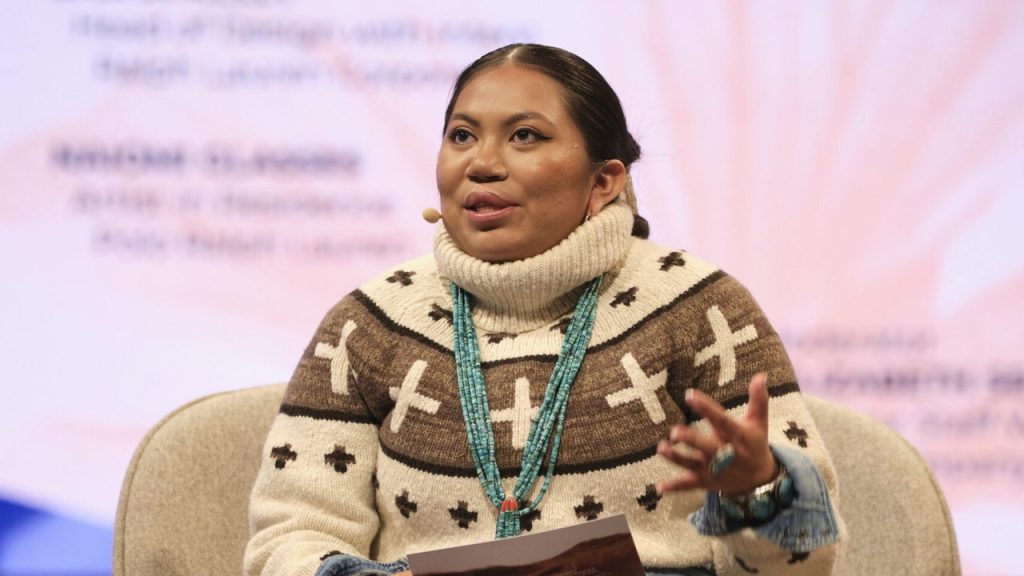The Global Fashion Summit, launched in 2009 to promote sustainability in the fashion industry, recently celebrated its 15th anniversary. However, founder Eva Kruse expressed disappointment in the lack of progress made since its inception. A report by the Apparel Impact Institute predicts a 40% increase in greenhouse gas emissions by 2030, despite the industry needing to reduce emissions by half to align with the Paris Agreement’s goal of limiting global warming to 1.5 degrees Celsius. Legislation is seen as necessary to hold brands accountable for their environmental impact.
Bold and brave leadership was identified as a key need during the 2024 Global Fashion Summit. Paul Polman urged attendees to question whether they truly cared about making a difference, emphasizing that if they were not feeling uncomfortable, they were not doing enough. The current business model, which focuses on selling increasing amounts of products, poses a challenge for brands in terms of reducing greenhouse gas emissions. The Ellen MacArthur Foundation’s Fashion ReModel initiative aims to promote circular business models, such as rental, resale, and repair, in collaboration with major brands like H&M Group and Reformation.
The importance of representing underrepresented voices, particularly Indigenous communities, in the fashion industry was highlighted at the summit. Indigenous communities steward 85% of the world’s biodiversity but make up just 5% of the world’s population. Activists like Dayana Molina and artists like Naiomi Glasses emphasized the need for a more cooperative and collaborative fashion industry that centers diverse perspectives. The absence of voices from the supply chain, such as Indian farmer Atmaram Prajapati, who was denied a visa to attend the summit last-minute, underscored the need for greater inclusion in industry discussions.
Despite the efforts of the Global Fashion Summit and other initiatives, progress towards sustainability in the fashion industry still lags behind. Bold leadership, a shift in the business model, and greater representation of marginalized voices are seen as critical steps towards achieving meaningful change. Legislation to hold brands accountable for their environmental impact is also essential. The summit’s theme, “Unlocking the Next Level,” underscores the ongoing challenges and the need for urgent action to address the environmental and social impacts of the fashion industry.
Overall, the Global Fashion Summit’s 15th anniversary highlighted both the achievements and the ongoing challenges in promoting sustainability within the industry. While progress has been made in raising awareness and initiating collaborative initiatives, significant work remains to be done to achieve meaningful change. The call for bold leadership, a shift towards circular business models, and greater inclusion of underrepresented voices are key priorities moving forward. Legislation and accountability mechanisms will also be crucial in driving progress towards a more sustainable and equitable fashion industry.













